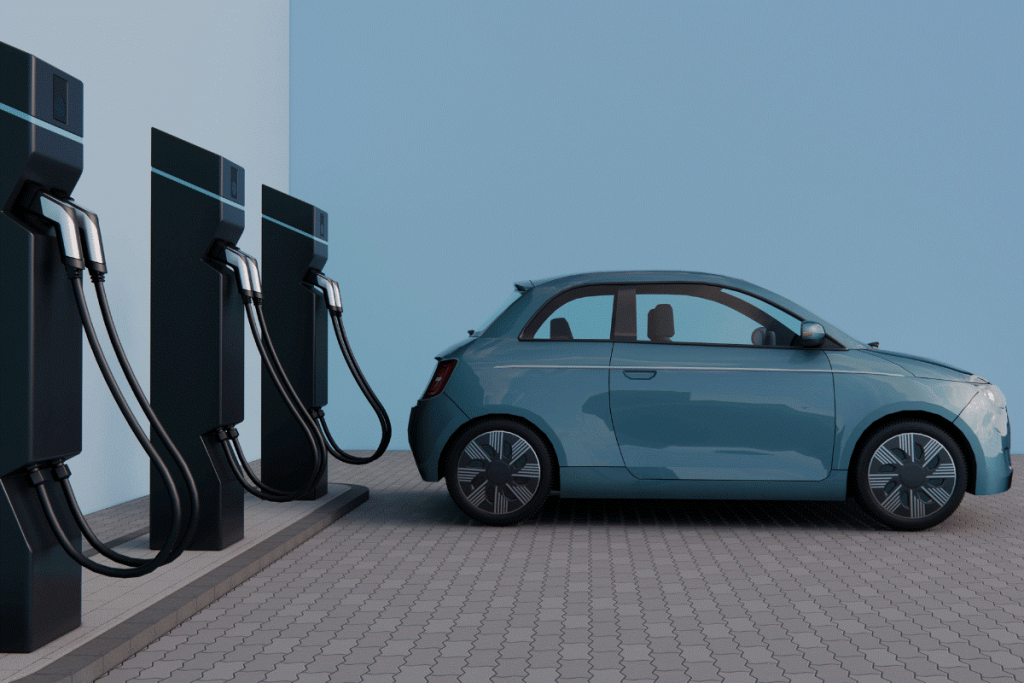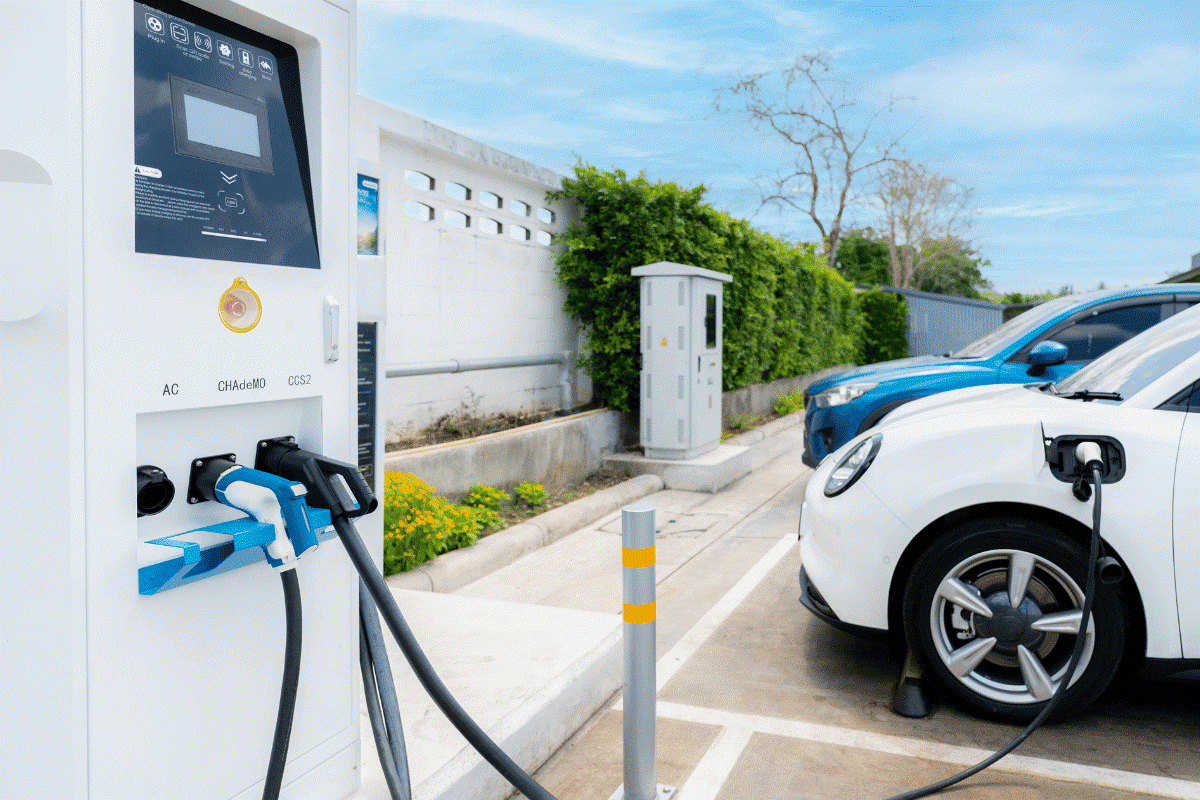Electric cars (EVs) are a game-changer for the automobile industries, imparting environmentally aware clients with a sustainable substitute for internal combustion engines. The modern EV battery generation, which packs those vehicles with energy, is vital to their fulfillment. Electric vehicles assist in saving the environment by lowering greenhouse gas emissions and air pollutants by way of walking on strength in preference to fossil fuels.
Five Myths About Electric Vehicles
Since they are a more environmentally pleasant and sustainable choice than traditional gasoline-powered cars, electric-powered automobiles, or EVs, have seen a sharp growth in recognition. Still, there are several false beliefs and misconceptions concerning EVs that tend to mislead and confuse potential consumers. The following lists five sizeable misconceptions regarding electric automobiles.
Myth 1: EVs Have a Limited Range
One of the most pervasive misunderstandings regarding electric cars is that their variety is limited, which makes potential customers stressed. Although the variety of the early EV models became more restricted, EV battery generation has extensively improved thanks to technical improvements. Many modern EV models have ranges of more than 200 miles, and some high-end versions have ranges of up to 300 miles. Furthermore, there are increasingly speedy-charging stations accessible, which is contributing to the infrastructure’s rapid enlargement and making long-distance journeys extra practical and feasible.
Myth 2: EVs Are Not Environmentally Friendly
Since EVs need fossil fuels to generate the electricity they utilize, there is a commonplace notion that they are now not as environmentally friendly as they first appear to be. But in comparison to gas-powered cars, EVs emit fewer greenhouse gases in the course of their lifetime. Furthermore, EVs are environmentally sustainable as the electrical infrastructure gets greener.
Myth 3: EV Takes Too Long to Charge
Another common misconception is that charging an electric car is a time-consuming procedure. While it is true that several variables affect how long an EV takes to charge, most fast chargers can charge an EV to 80% capacity in 30 to 40 minutes. Convenience is another benefit of home charging options; you may charge your EV battery overnight to guarantee a full battery for the day. Using smartphone apps and navigation systems to find local charging outlets is also convenient.

Myth 4: EV batteries are harmful to the environment
Some people think that the manufacturing and disposal of EV batteries are bad for the surroundings. Efficiently altering the impact of EV batteries on the environment is a much more viable option. Battery production is turning environment friendly with manufacturers introducing recycling programs and using materials with smaller environmental footprints. Energy garages may recycle EV batteries with similar advantages for the environment.
Myth 5: EVs Are Expensive
There is a common misconception among people that electric-powered motors are too expensive for the average consumer. Although some high-end EVs are expensive, they are now competitively priced in the marketplace. To further inspire the adoption of EVs, some governments provide rebates, tax credits, and different incentives, which increase their economic enchantment. EVs save money on petrol and require significantly less maintenance since they have fewer moving parts.
Dispelling common misconceptions, electric vehicles (EVs) can transform the automotive sector. The development of EV battery technology solves issues with infrastructure for charging and range anxiety. Adopting EVs is essential for a future of efficient and sustainable transportation. To know more information, Contact us!



